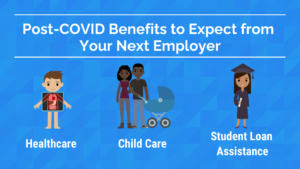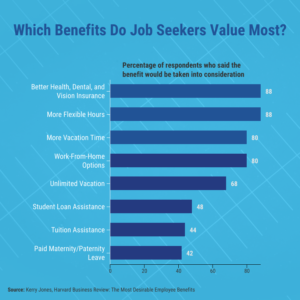🎄🎁 Ah, the holiday season! Christmas parties, presents, music, lights, joy, and unfortunately for many of us… stress! The holiday season is a time of warmth and cheer, but in the corporate world, it often comes with its share of challenges and dilemmas, especially for executives. As we deck the halls and prepare for festivities, many of my clients are often faced with the delicate task of navigating through the maze of corporate gifting and holiday dynamics. Today I’ll delve into this world of corporate holiday conundrums, offering executives meaningful gift ideas for their coworkers while addressing typical challenges encountered during this festive season.
Corporate Holiday Gift Ideas for Executives
Executives encounter various challenges when choosing the perfect gifts for their colleagues. Balancing professionalism, personalization, and budget constraints can be a tightrope walk. The pressure to choose a suitable gift that’s thoughtful and respectful can be overwhelming. But fear not! If Santa can deliver gifts across the world for hundreds of years without being “canceled,” you can too! 🎅 Read on for some of my favorite gift ideas for your coworkers.
Practical and Functional Gifts
For that stereotypical Type A person in your office, you can’t go wrong with something made with quality that will help them stay organized and accomplish their daily tasks. Some things to consider include quality pens, personalized stationery, 2024 planners, or professional organizers.
Wellness Gifts
Even if you are working your dream job, let’s face it, stress happens! You can bet if it happens for you, it happens for your coworkers as well. So why not gift your work bestie with something that will help them relax after a long day as an executive? This can include a subscription to a meditation app, a healthy snack box, or office accessories aimed at creating a calming space.
Tech Gadgets or Accessories
How about that coworker who can’t stop talking about their new titanium iPhone 15? Many people write off “techy” gifts for fear that they are too expensive. However, there are options out there! Some ideas include portable battery chargers, Bluetooth speakers, or smart desk lamps.
For the Person Who “Has It All”
Ok, I know. These are all some great ideas, but what about that person who simply buys what they want when they want it? We all know (and some of us are) people like that. For these people, I say, “Thank God for the gift card.” It’s a myth that a gift card is a thoughtless, impersonal gift. The truth is you can still acknowledge your appreciation for your coworker with a gift card meant just for them while offering flexibility and choice. Some alternatives to the ubiquitous Amazon gift card include: gift cards for dining at their favorite restaurant, spa treatments, or online courses.
Navigating Other Corporate Holiday Conundrums
Corporate Holiday Parties
🍾🥂 “What happens at the holiday party stays at the holiday party,” said no one ever! Whether you are planning the company holiday gathering, attending, or both, it is important to remember a few things. Remember to be inclusive of various traditions and beliefs. Remember that these are people with whom you work, so like in the office, do your best to avoid gossip and harmful chatter. And most importantly, remember to have fun! It’s so important to have camaraderie with your coworkers (both for networking and your mental health), and letting loose a little at a holiday party is an excellent way to foster that.
Holiday Time Off for Executives
Managing time off can be another stumbling block executives face during the holiday season. Your work is important, and, I hope, your passion. Even still, time off is needed for all of us to rest and regroup. If you’re choosing to take your time off during the holiday season, be sure to manage your workload by planning ahead. You don’t want your “time-off” to be consumed with work. Use that time to make precious memories with your friends and family.
It’s no secret that the holidays can be a stressful time for many, executives included, and navigating the corporate holiday atmosphere can add to that stress. But it doesn’t have to be that way. Meaningful gestures can foster stronger workplace relationships and contribute to a positive work environment. Let’s celebrate this festive season while upholding professionalism and respect within the workplace. In this season of giving, let’s also extend the spirit of generosity and thoughtfulness, making it a joyous time for everyone in the corporate world.














